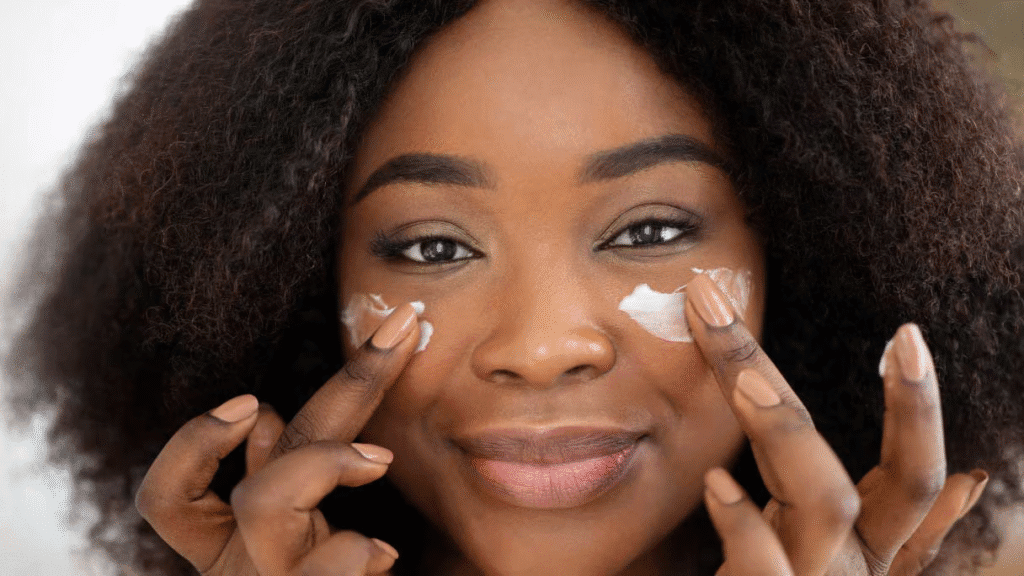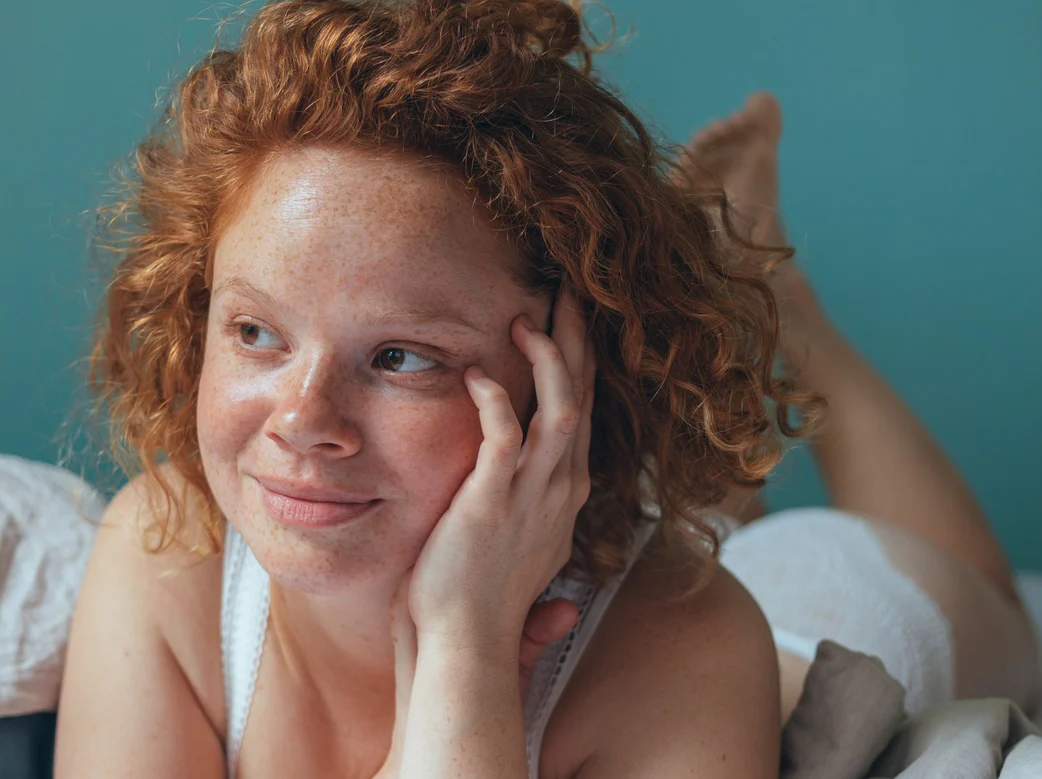Collagen loss is not sensational; it starts subtly. Like a WhatsApp group you used to adore that now only sends birthday greetings. You’re one day bouncing out of bed with bouncy knees and full skin. The next, your joints emit new and unfamiliar sounds. Your hair band goes around three times rather than two.
What’s changing is collagen—the protein contorting your face, supporting your joints, and reinforcing your hair at the root. It carries more than you know, until it doesn’t.
So it’s no surprise collagen is trending. We’re whipping it into coffee, drinking it during meetings, chewing on it like candy. The sense of control you have over re-growing stronger skin, smoother joints, and shinier hair is strangely reassuring in a world that’s threatening to unravel at the seams. Collagen breakdown is the slow, structural disintegrating of what once seemed impenetrable—and the very human desire to cling.
What is Collagen?
Collagen is the body’s most common protein. Consider it biological glue: it keeps your features from sagging, your posture straight, and your bounce in your step. There are at least 28 varieties, but these three are most important:
Type I: Located in skin, bones, tendons, and ligaments. Comprises 90% of the body’s collagen.
Type II: Located in cartilage and joints.
Type III: Present in skin, blood vessels, and internal organs.
Your body synthesizes collagen by bringing together amino acids (from protein foods) with the assistance of vitamin C, zinc, and copper. However, from your mid-to-late twenties, production declines by approximately 1% each year.
The reduction is 1% per annum after your 20s, and when you are in your 40s, the production declines even more, showing signs of ageing,” explains Dr Rinky Kapoor, consultant dermatologist, The Esthetic Clinics.
What Collagen Loss Looks Like on the Outside

Skin: Less Bounce, More Sag
Collagen provides skin structure and firmness. As it declines, you might see:
- Fine lines and wrinkles
- Loss of plumpness and elasticity
- Dryness and dullness
- Slower wound healing
“Along the way, as we get older, the cells that make collagen slow down,” states Mercedes Abarquero Cerezo, scientific projects director for L’Oréal Dermatological Beauty Spain.
“Sun, poor nutrition, stress, menopause can accelerate its breakdown.”
We are constantly reproducing collagen in our body, but when this rhythm becomes disrupted, signs of ageing become visible.
Hair: Weaker Roots, Slower Hair Growth
Collagen aids the hair follicle. If it falls, it can cause:
- Thinning hair
- More breakage
- Slower hair growth
- Dry or irritated scalp
Joints: The Creak Becomes a Chorus
Type II collagen pads your joints. When it declines:
- Cartilage gets thinner
- Post-exercise soreness and stiffness rise
- Recovery is slower
Not only an ageing phenomenon—athletes, dancers, and high-impact exercisers might experience this earlier.
The Deeper Effects: Gut, Bones, Mood
Gut: Collagen coats the digestive system. Some consider decline to be linked with gut problems and heightened permeability.
Bones: Bones consist of 30% collagen. Loss can result in lower bone density.
Mood and Energy: Preliminary research indicates collagen is involved in the gut-brain axis and amino acid equilibrium, influencing mood and fatigue. The evidence is preliminary, but the buzz in the anecdotal community is big.
Can You Slow Collagen Decline?
You can’t prevent it entirely—but you can supplement your body’s production and slow the rate of decline.
Load Up On the Right Nutrients
- Protein (eggs, fish, tofu) for amino acids
- Vitamin C (amla, citrus, peppers) to assist synthesis
- Zinc and copper (nuts, seeds, shellfish) as cofactors
Steer clear of Collagen Saboteurs
- Sugar and processed food: They induce glycation, which destroys collagen.
- Smoking and pollution: Induce oxidative stress.
- Sun exposure: UVA rays are collagen’s arch-nemesis.
The Supplement Question: Hype or Help?
There’s mounting evidence that collagen supplements do work—if you select sensibly.
“Collagen peptide intake can improve hydration, and decrease fine lines, wrinkles, and sunspots,” says Dr Renita Rajan.
“Early outcomes might be seen in four weeks, and optimal effects at 12–16 weeks.”
Pro tip: Find hydrolysed collagen (otherwise known as collagen peptides) combined with vitamin C or hyaluronic acid to enhance synthesis. It’s no magic trick overnight, but with regularity, it can do the trick.
Do You Need to Begin a Collagen Routine?
Collagen decline is part of being human—not a flaw to fix. But if you’re curious why your skin feels different, your joints ache after sitting, or your curls don’t bounce like they used to, it’s worth knowing what’s happening underneath.
Also Read : Skincare Tips for Tattooed Skin: Heal, Protect & Glow



